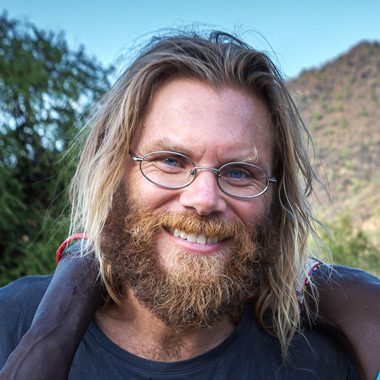During the Last Places ethnographic trips we always look for nomadic tribes with the aim of visiting them in their camps to learn about their way of life. They are, normally, the freest human groups and with their own most genuine look (worldview) on life. The Gypsies or Khana Badosh of Pakistan are a clear example of these cultural groups that fascinate us.
The most recent genetic studies confirm that the Gypsies originate from the Indus River Valley, in present-day Pakistan. There they are known as Khana Badosh, 'the landless'.

The westward exodus of this group of Hindus, whose descendants are today's European Gypsies, is believed to have begun in the 9th century when Muslim armies invaded the Indus River Valley region. According to another theory, it would be the Muslims themselves who enslaved them and took them to the west, where they formed a separate community.
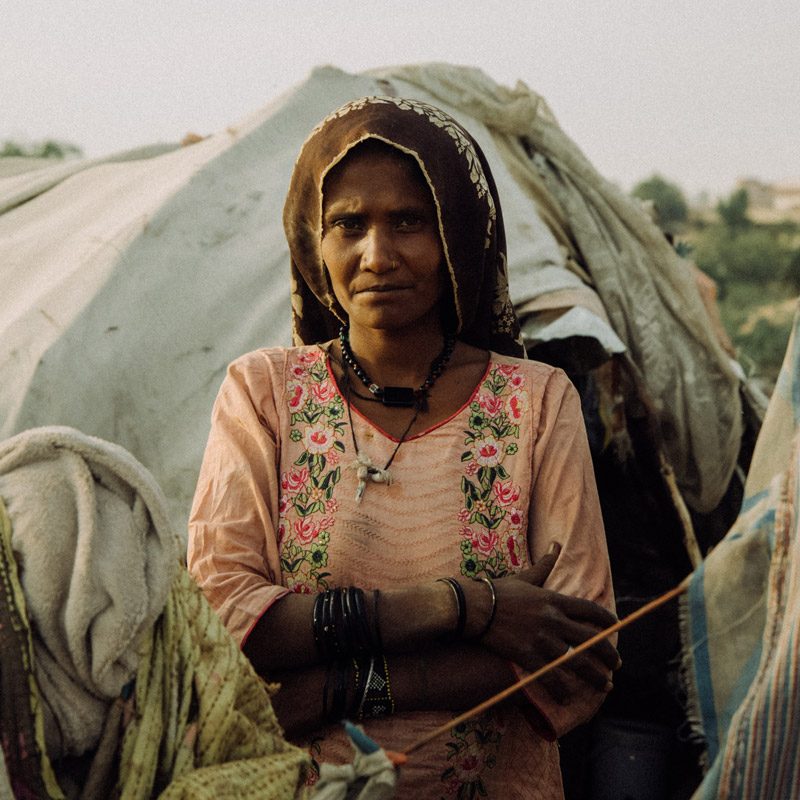
Do you want to meet the Gypsies or Khana Badosh of Pakistan?
Discover the world of the Gypsies or Khana Badosh on our next trip to Pakistan from 15 to 29 of November 2024. Click here to learn more about the trip.
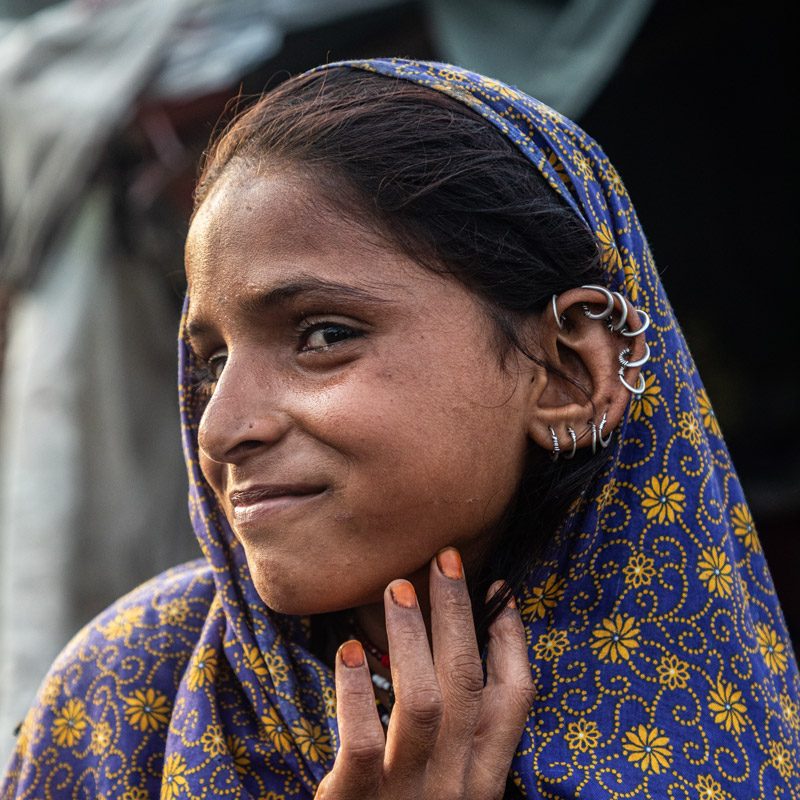
Gypsies or Khana Badosh of Pakistan often set up their mobile outposts on the outskirts of big cities like Peshawar, Lahore and Sukkur. They are considered great artisans for their skills in weaving their own clothes and blankets or making metal jewelry, adorned with glass beads. They are also excellent dancers and musicians (their traditional music is reminiscent of flamenco 'Cante Jondo').
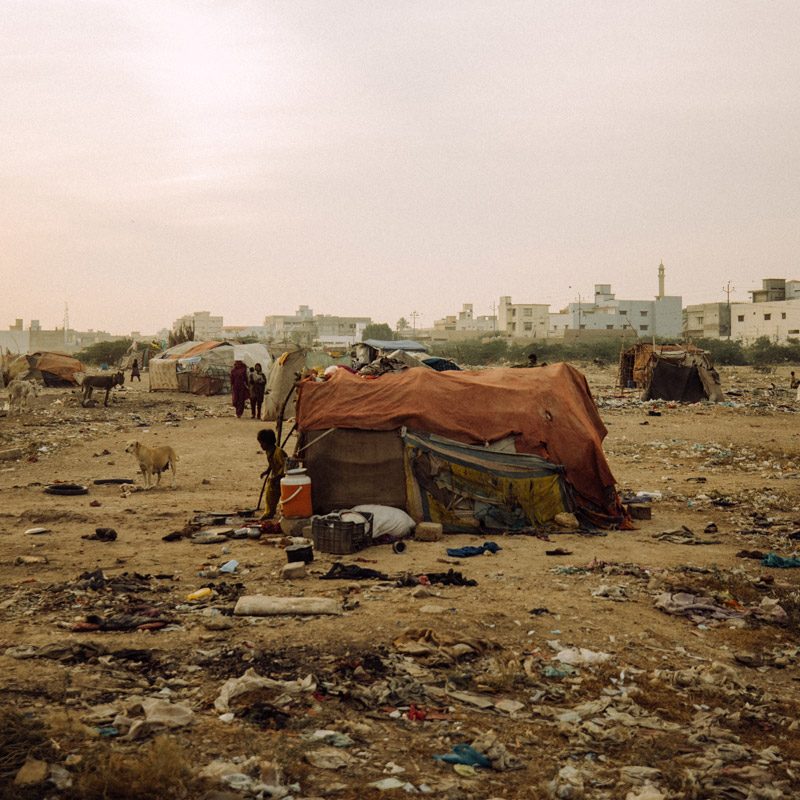
Most of the Gypsies or Khana Badosh in Pakistan belong to the fringe clans of Changar, Odh, Bhatu, Jogy, Kenghar, Bazigar, Gurajmar and Gugray. All are nomadic or semi-nomadic. Although some of these families are day laborers, most depend on begging as their main source of income. Some of them have traditional professions such as playing drums and doing shows with snakes and monkeys.
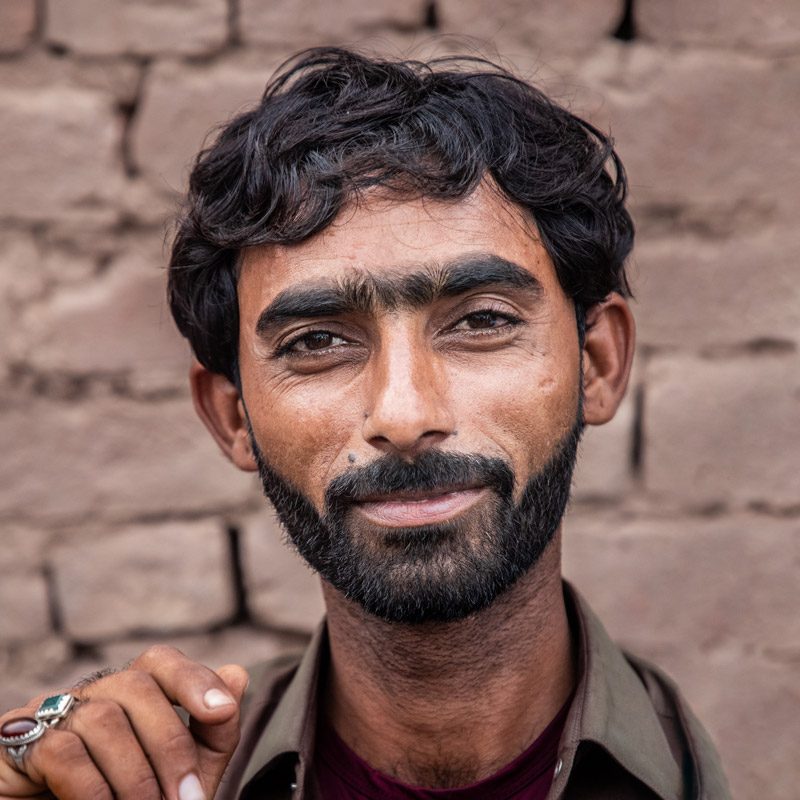
Last Places has been working with a Romani community settled on the outskirts of Peshawar since 2019. Through collaboration we support and finance health and hygiene projects in the camp.
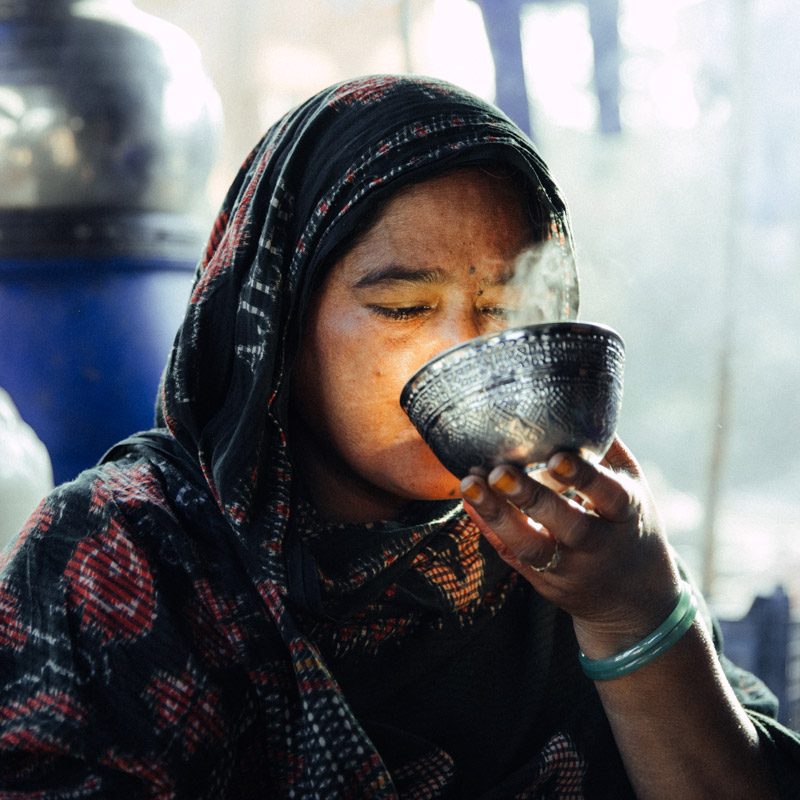
© Photos by Aníbal Bueno, Pau Clavero and Xavi de las Heras taken during trips to Pakistan.
